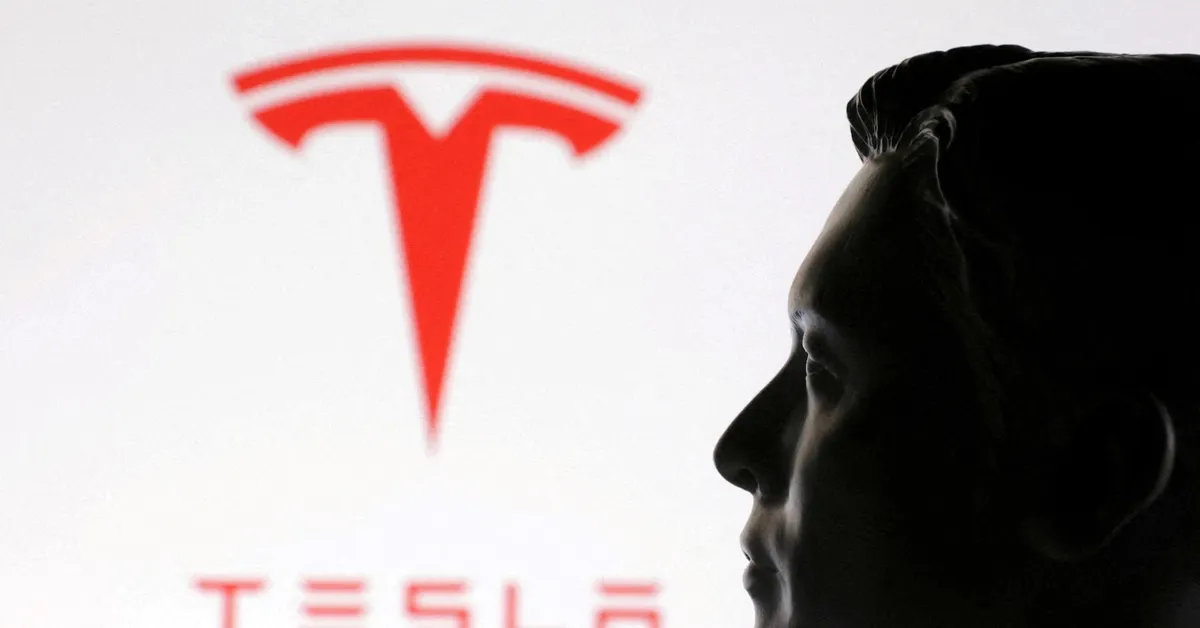
On Thursday, former President Donald Trump issued a significant threat to sever government contracts with Musk's companies, further straining the once-strong relationship between the world's richest man and the former president. This public feud has escalated across rival social media platforms, particularly in response to Trump's sweeping tax-cut bill.
The fallout from this ongoing dispute was felt sharply in the stock market, with Tesla's stock plunging by 14.3% on Thursday, marking it as the 11th worst daily drop since the company's initial public offering in June 2010. As retail traders began to search for bargains, Tesla's stock made a slight recovery, rising 5.6% to $299 by mid-afternoon on Friday. However, it remains uncertain how much influence these retail traders had on this rally.
According to estimates from Vanda Research, self-directed individual investors purchased a net total of $201.3 million of Tesla stock on Thursday, participating in trading that saw $2.6 billion exchanged. This made Tesla the second most actively purchased stock among retail investors that day. Marco Iachini, senior vice president of research at Vanda, noted that Tesla has been a popular choice for this group. When they observe a drop of 14% or more, they often seize the opportunity to buy.
Despite the significant drop in stock price, the options market indicated a lack of panic among traders. Chris Murphy, co-head of derivatives strategy at Susquehanna International Group, remarked that there was no drastic increase in volatility during Thursday's trading. Some traders even capitalized on the heightened volatility by selling put options, which grant buyers the right to sell the underlying shares at a predetermined price before a specific date. This strategy suggests that some traders expect the stock price to stabilize or cease its decline.
On Thursday, Tesla's 30-day implied volatility—a metric that reflects traders' expectations for stock price fluctuations—rose to a six-week high of 77. This figure is still significantly lower than the peak of 106.1 recorded during a market-wide selloff in early April, according to Trade Alert data. By Friday morning, as Tesla shares climbed 5% to $299.14, the implied volatility dropped further to 68. Steve Sosnick, chief strategist at Interactive Brokers, stated, “I don’t think we’re at the real warning sign levels at the moment.”
Iachini also utilized models to analyze comments regarding Tesla on popular social media platforms like Reddit and X during Thursday's decline. He found that the prevailing sentiment among users—especially those who are self-directed investors—remains bullish on Tesla. “Buy the dip is the overwhelming sentiment,” he reported.
Since peaking on December 17, Tesla shares have experienced a decline of approximately 37%. Interestingly, the company's stock surged as much as 90% in the six weeks following Trump's election on November 5. This ongoing saga highlights the complex interplay between politics, social media dynamics, and stock market movements, all of which play a crucial role in shaping investor sentiment and market trends.
Reporting by Suzanne McGee and Saqib Iqbal Ahmed; Editing by Alden Bentley and Richard Chang.